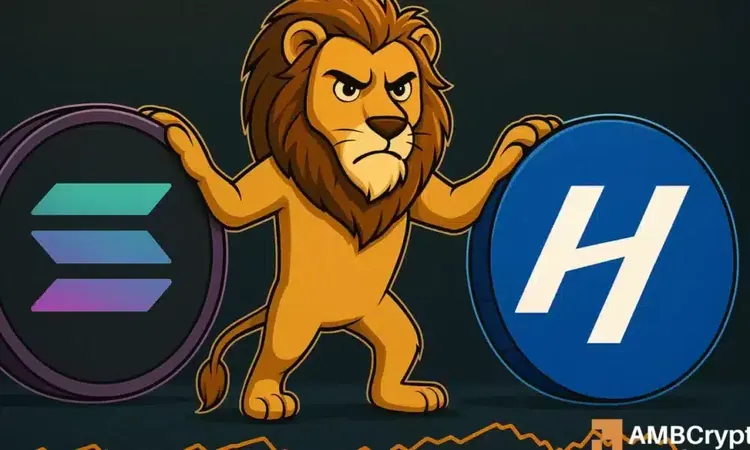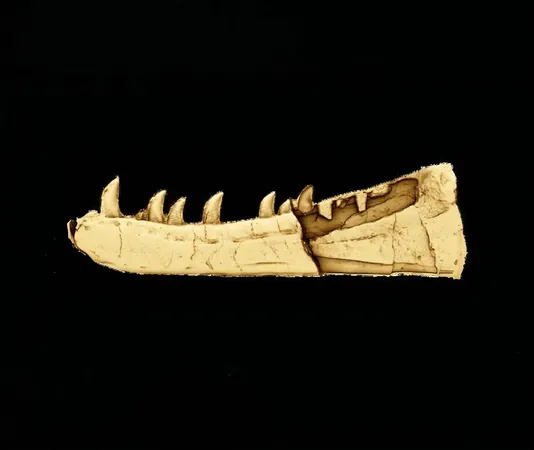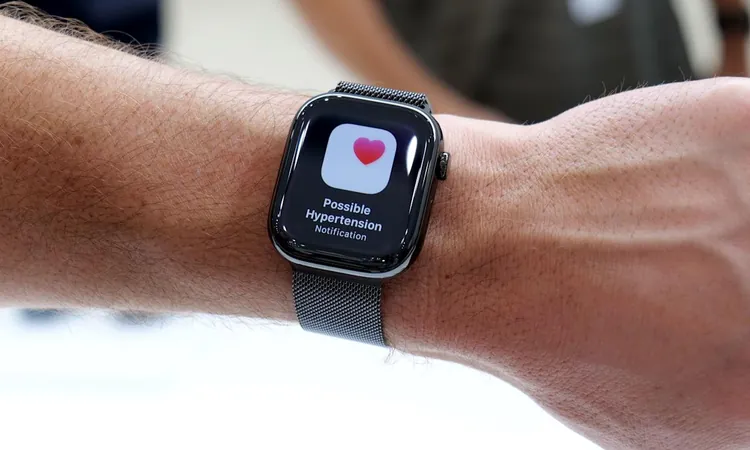
OpenAI Set to Challenge Google Chrome with Innovative AI-Powered Browser—But at What Cost?
2025-07-10
Author: Sophie
OpenAI, renowned for its groundbreaking AI tool ChatGPT, is on the brink of launching its own web browser that aims to give Google Chrome and other competitors a run for their money, according to insider reports.
Expected to debut in just a few weeks, this new browser is designed to offer a highly personalized experience by integrating artificial intelligence. Users can anticipate direct chat-like interactions and a helpful assistant named Operator to handle mundane tasks like filling out forms or booking tables—all while minimizing the need for endless clicking through multiple webpages.
But this convenience comes at a price: OpenAI could gain deeper access to user data, a crucial element behind Google's triumph with Chrome.
Built on Google's open-source framework, Chromium, OpenAI's browser shares its foundation with popular platforms like Chrome, Microsoft Edge, and Opera. As of now, Chrome commands a staggering 68% of the global browser market, with Apple's Safari in a distant second at around 16%.
Imagine if all 500 million weekly users of ChatGPT opted for OpenAI's new browser—this could spark real competition for Chrome. The tech giant is currently facing scrutiny from federal courts, which have commanded Google to divest parts of its lucrative ad business due to its overwhelming market control.
By creating a dedicated browser instead of merely an extension, OpenAI will have greater autonomy over the data it collects, potentially enhancing the efficiency of its AI assistant.
While many tech enthusiasts are excited about the possibilities, such as a streamlined online shopping experience, the advent of an AI-driven browser is likely to stir up controversy. Critics worry it may further encourage laziness and diminish our mental engagement with information.
The question remains: will OpenAI's new browser revolutionize the way we navigate the internet, or will it lead us down a path of cognitive decline?









 Brasil (PT)
Brasil (PT)
 Canada (EN)
Canada (EN)
 Chile (ES)
Chile (ES)
 Česko (CS)
Česko (CS)
 대한민국 (KO)
대한민국 (KO)
 España (ES)
España (ES)
 France (FR)
France (FR)
 Hong Kong (EN)
Hong Kong (EN)
 Italia (IT)
Italia (IT)
 日本 (JA)
日本 (JA)
 Magyarország (HU)
Magyarország (HU)
 Norge (NO)
Norge (NO)
 Polska (PL)
Polska (PL)
 Schweiz (DE)
Schweiz (DE)
 Singapore (EN)
Singapore (EN)
 Sverige (SV)
Sverige (SV)
 Suomi (FI)
Suomi (FI)
 Türkiye (TR)
Türkiye (TR)
 الإمارات العربية المتحدة (AR)
الإمارات العربية المتحدة (AR)